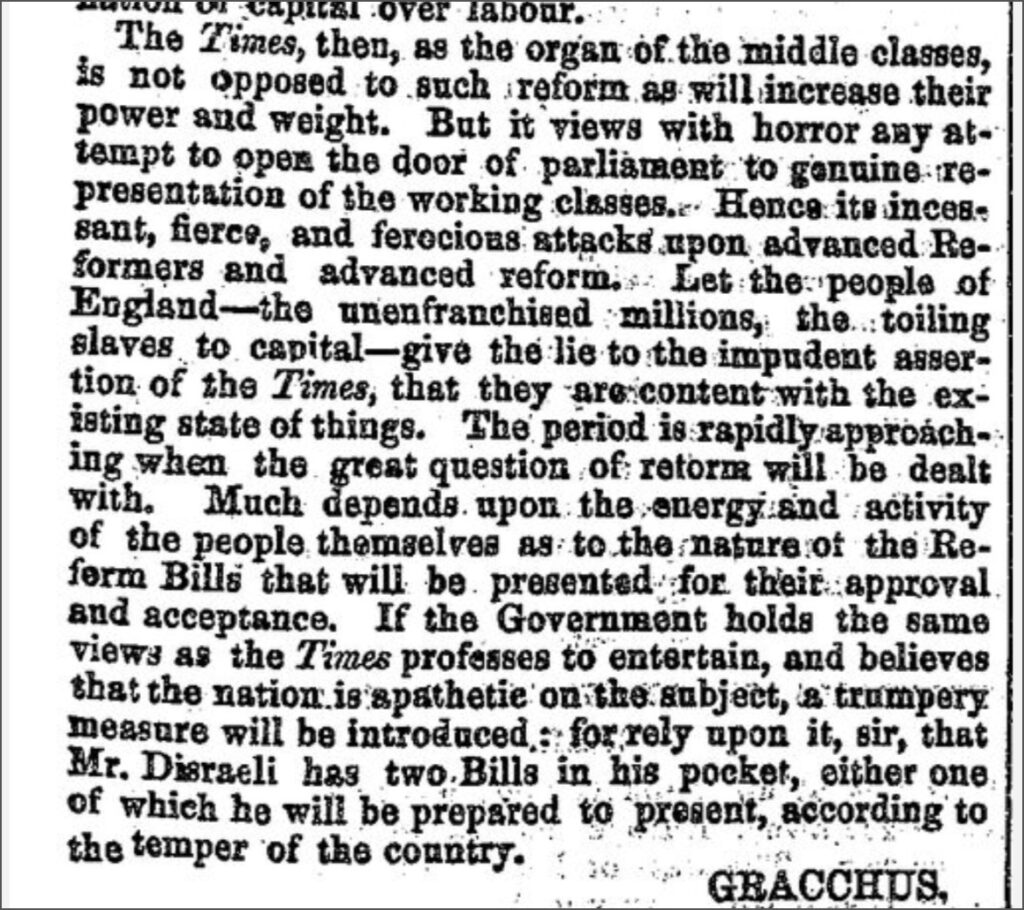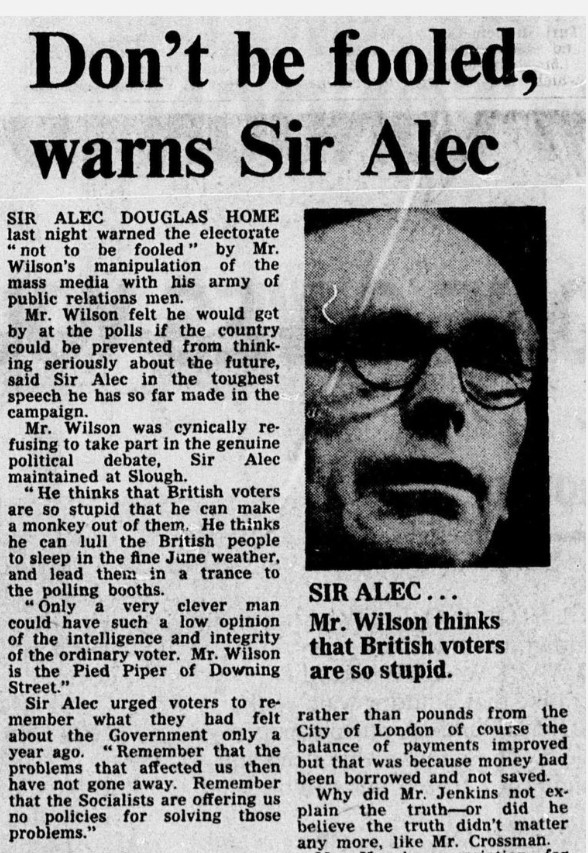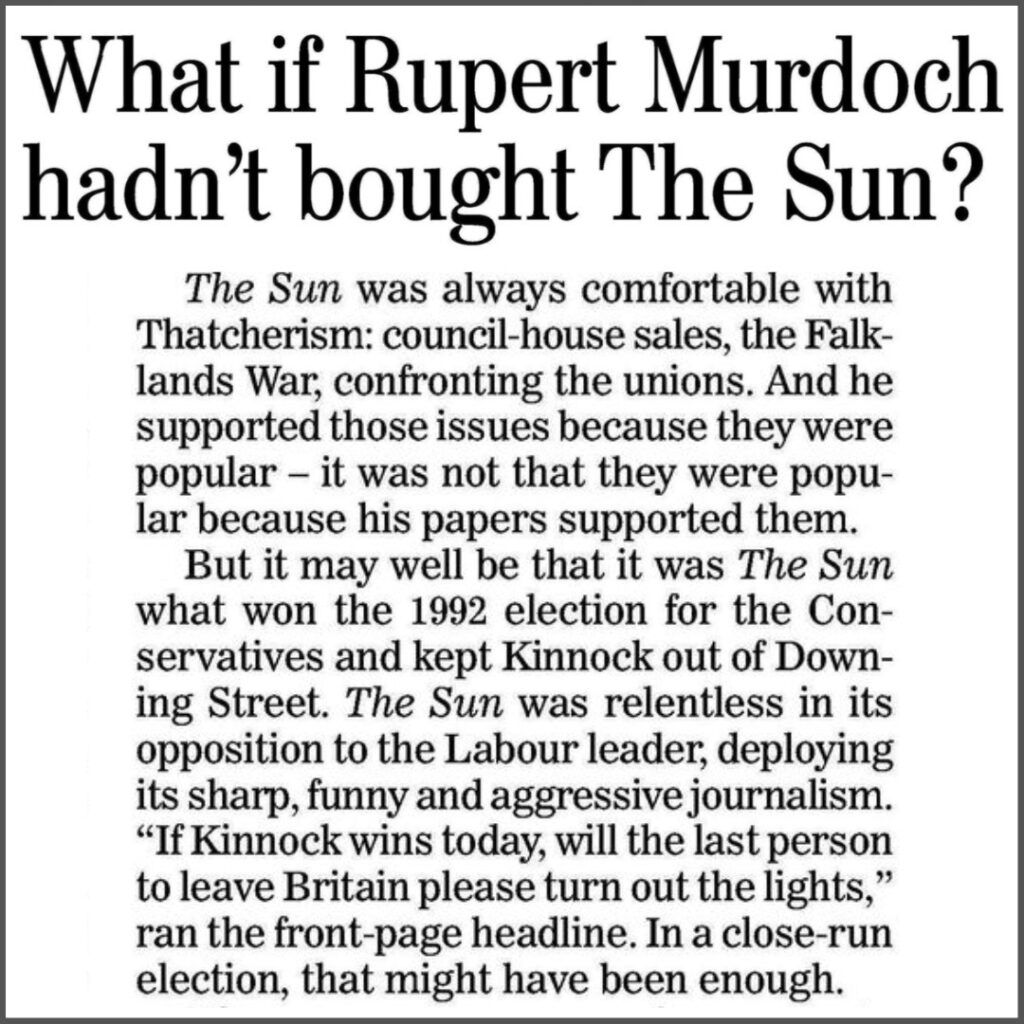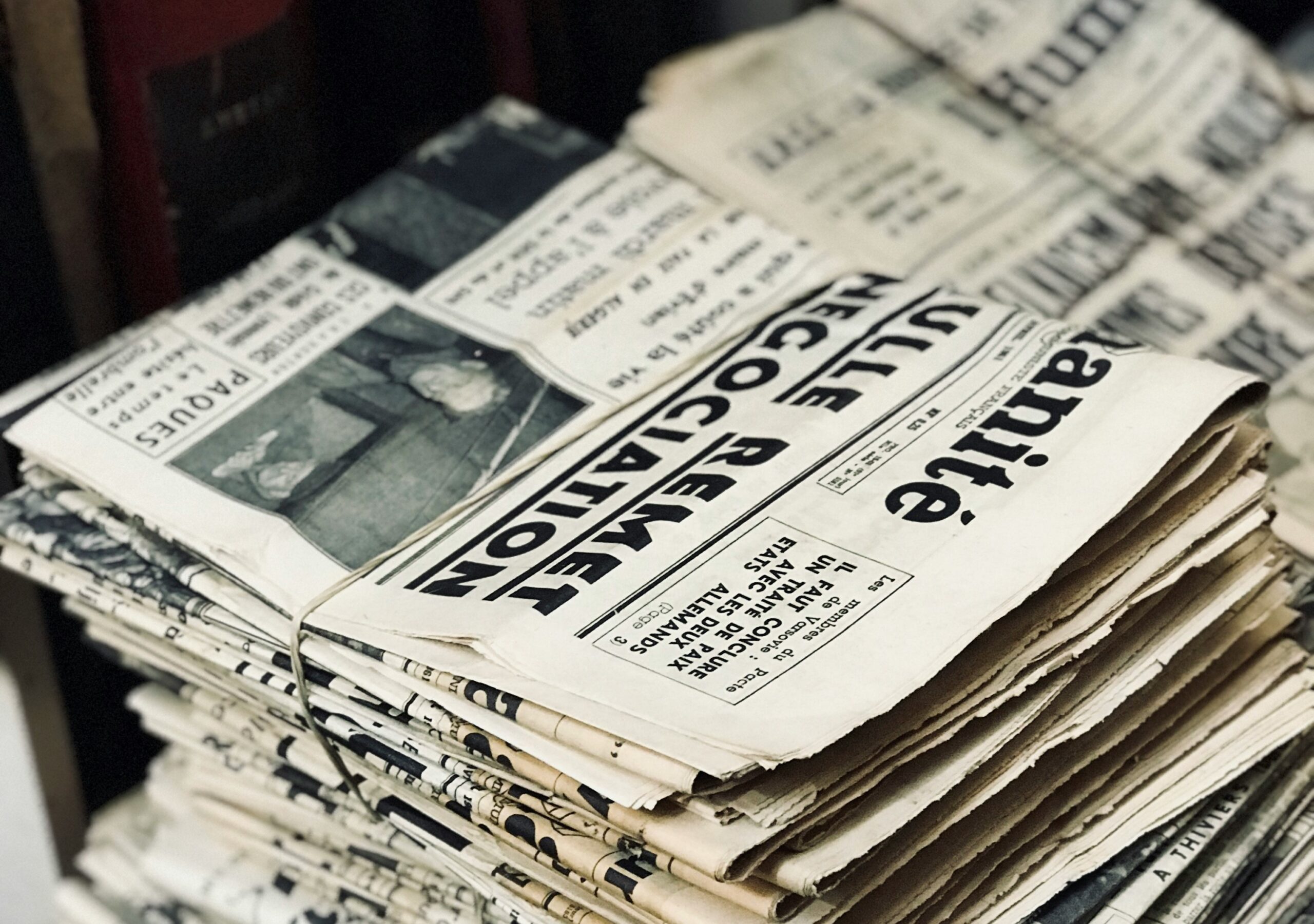│By Satakshi Rahi, Gale Ambassador at King’s College London│
Exploring the profound influence of British media on its politics unveils a narrative shaped over centuries of transformation. From the advent of print journalism to today’s digital dominance, British media has wielded significant power in shaping public opinion, driving policy agendas, and defining political discourse. Leveraging insights from Gale Primary Sources, this exploration delves into pivotal historical moments and contemporary challenges, providing a nuanced perspective on how British media continues to mould the political landscape.
The material from Gale‘s extensive archives highlights the crucial role of media literacy and informed engagement in navigating today’s complex media landscape, ensuring transparency and accountability in public discourse while acknowledging British media’s pivotal role in shaping the nation’s political narrative.
Historical Context
From the pamphlets of the eighteenth century to today’s twenty-four-hour news cycle, the media has wielded immense power in shaping how the world thinks and acts. This was highlighted during an important US conference on thought conditioning in 1947, where discussions highlighted the media’s dual role: to exercise free speech with political accountability and uphold moral integrity. Failure to do so risks skewing public discourse, as evident in contemporary war reporting, where unbiased information is crucial for informed decision-making. This stands in contrast to the media’s frequent endorsement of manipulative narratives that serve specific agendas.

In nineteenth-century Britain, The Times exemplified the media’s influence on political reforms, notably advocating for the Reform Bill of 1832 to benefit the middle class. However, the newspaper faced criticism from an article found in British Library Newspapers for suppressing reports of reform meetings and promoting a narrow political agenda that favoured wealthy and commercial interests.
This stance opposed broader reforms that could have empowered the working classes, who suffered under existing conditions with issues like labour rights being neglected in Parliament. This prompted the author to encourage the disenfranchised masses to challenge The Times’ assertions of public apathy and demand substantial reforms that could bring about meaningful change and improve the lives of the majority.

These examples establish the symbiotic relationship between media and politics, clearly illustrating how media exerts significant influence over democratic reform and decision-making.
Television Media as a Political Tool
Moving to the mid-twentieth century, the emergence of television transformed political communication and campaigning. Initially overlooked by politicians in the early 1950s, television by the 1960s became indispensable for political success.
Politicians and broadcasters recognised its power in shaping public perception and fostering a new generation of media-savvy leaders. Figures like Harold Wilson grasped the potential of televised debates and interviews during the 1964 General Election, where polished performances underscored the importance of image in politics.
However, alongside its potential for transparency and accessibility, television also became a tool for manipulation. Sir Alec Douglas-Home’s speech, as reported in the Financial Times, criticised Wilson’s use of media and public relations to manipulate rather than inform voters. Sir Alec accused Wilson of avoiding genuine political debate and underestimating the intelligence of voters, portraying him as the “Pied Piper of Downing Street” leading the electorate astray.

In his address in Slough, Sir Alec urged voters to scrutinise the government’s track record and questioned the credibility of Socialist policies proposed by Wilson. While Sir Alec’s specific remarks may not have directly changed the election’s course, they contributed to ongoing debates about the influence of media and political manipulation in British politics. His criticism highlighted concerns about how politicians use media to influence public opinion and the importance of transparency and informed debate in democratic processes.
Media Ownership and Bias
Beyond media manipulation, an even greater threat to democracy is the increasing consolidation of media ownership, which undermines unbiased reporting. For instance, Rupert Murdoch’s News UK, with its extensive portfolio of media holdings, has faced criticism for promoting specific political agendas and maintaining a hostile stance towards competitors.
Notably, Murdoch’s acquisition of The Sun in 1969 marked a significant shift in its editorial stance, abandoning support for the Labour Party and becoming a staunch advocate of Margaret Thatcher. This transformation exemplifies the rise of tabloid journalism characterised by wit and aggressiveness, as documented in this article from The Independent Historical Archive.

This trend is concerning because as media outlets consolidate under such entities, British consumers are increasingly exposed to a monolithic version of political events, limiting the diversity of perspectives and compromising journalistic objectivity.
Modern Impact
The impact of British media on politics, as illuminated by Gale Primary Sources, underscores its transformative power and ethical responsibilities. From historical reforms championed by pamphlets and newspapers to modern debates on media bias and ownership, understanding these dynamics is crucial for navigating today’s media landscape.
New developments in the media world, such as the rise of social media platforms and the advent of artificial intelligence in journalism, are reshaping how information is disseminated and consumed. Social media allows for real-time updates and grassroots movements, but it also presents challenges in combatting misinformation and ensuring credible reporting. AI-driven journalism promises efficiency and personalised content delivery yet raises concerns about job displacement and algorithmic bias.
The consolidation of media ownership, exemplified by influential figures like Rupert Murdoch, further complicates the landscape, potentially limiting diverse perspectives and unbiased reporting. As these developments unfold, the role of media literacy becomes increasingly vital.
Media Literacy
Do we truly understand the sources of our information and the potential biases behind them? Are we equipped to make informed decisions about the news we consume daily? Embracing media literacy and critical thinking is crucial more than ever to safeguard the principles of democracy in an ever-evolving digital age.
If you enjoyed reading about media and politics, check out these posts:
Blog cover image citation: Unsplash. “Photo by Mr Cup / Fabien Barral on Unsplash.” Unsplash.com, 17 Apr. 2018, unsplash.com/photos/bundle-of-newspaper-on-table-Mwuod2cm8g4.

